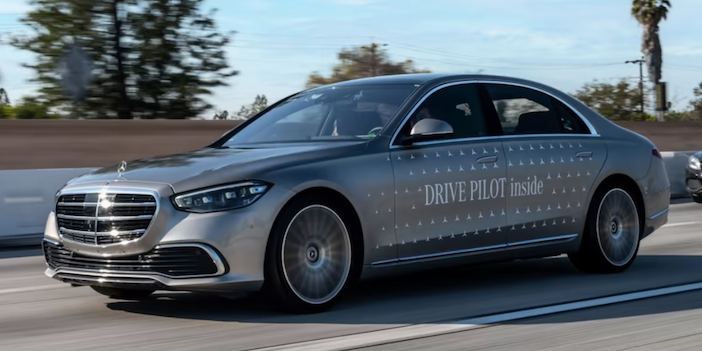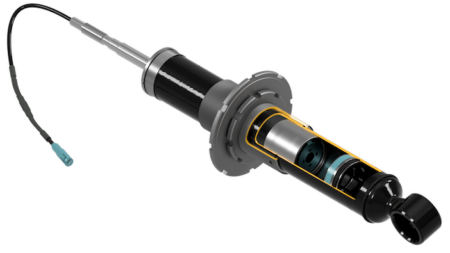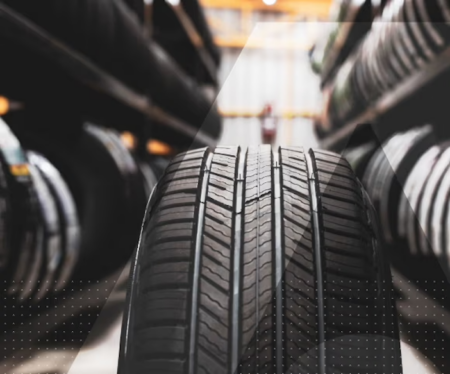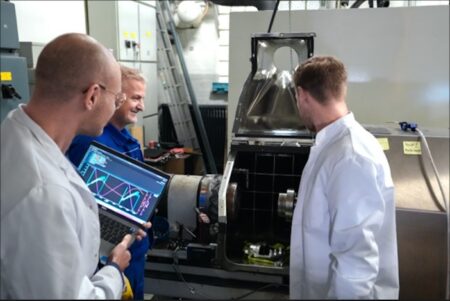Mercedes-Benz has announced that it will accept legal responsibility for collisions that occur in cars fitted with an ‘L3’ Automated Lane Keeping System, when directly caused by a fault with its technology but not when the driver has “failed to comply with their duty of care”.
With this news representing another significant milestone on the road towards automated driving, Matthew Avery, chief research strategy officer at Thatcham Research, comments on the “complex and nuanced” issue of legal liability for the first iterations of the technology.
“The issue of liability in automated vehicles is complex and nuanced. It’s too crude to suggest that the carmaker should be liable in all circumstances; there will be times when an accident is and isn’t the carmaker’s responsibility.
“What is apparent in the case of Mercedes, the first to have approval – albeit in Germany – for technology that will allow drivers to disengage and do other things, is that when the automated system is in control, the carmaker will be liable.
“What’s less straightforward is an accident that occurs when the driver has failed “to comply with their duty of care”, for example when refusing to retake control of the car when prompted.
“It will be incumbent on carmakers to ensure drivers of their cars are confident, comfortable and have a strong grasp of their legal responsibilities – which in the UK would be in accordance with the Road Traffic Act. Absolute clarity is required for drivers in terms of their legal obligations behind the wheel and their understanding of how the system operates, especially during a handover from system to driver.
“This is challenged by the fact that a driver can take a long time to come back ‘into the loop’ after extended periods of effectively being chauffeured by the system.
“Insurance claims will require scrutiny, so the provision of data to help insurers understand who was in control of the vehicle at the time of an accident, system or driver, will also be vital.
“Trust will diminish if confusion reigns and drawn-out legal cases become common, hampering adoption of the technology and the realisation of its many societal benefits.
“Fostering consumer confidence and trust in the first iterations of automated driving is paramount. This is where independent consumer rating will have an important role to play in driving safe adoption by making people aware of systems that are not as good as others.”
Thatcham Research is currently leading the development of a consumer safety rating to support the safe adoption of automated driving systems. Funded by government organisation Zenzic and in co-operation with Connected and Automated Mobility (CAM) Testbed partners, the rating will give UK motorists and insurers greater clarity around relative performance and safe use of automated technology.
It aims to be the first of its kind in the world to independently rate the performance of automated driving systems and combine virtual and physical testing. The rating will consider a variety of factors, including how handover from system to driver is managed and how carmakers market and communicate with motorists about their obligations for safety.
Thatcham Research also worked with the Law Commission on its recent report recommending the introduction of a new Automated Vehicles Act to ensure the safe adoption of vehicles with self-driving capability.





